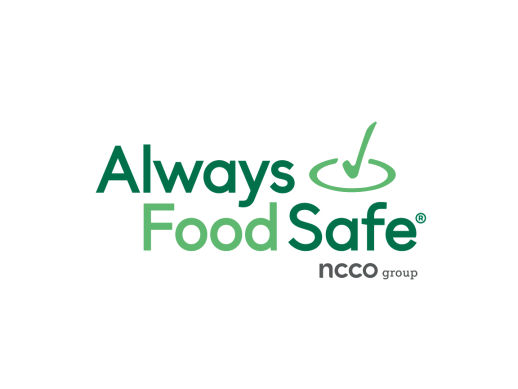The snow is melting, temperatures are warming, and summer is on its way. But spring also brings with it itching, sneezing, and watery eyes for those who struggle with allergies.
It’s no secret that spring can be quite a pain. Allergies are the 6th leading cause of chronic illness in the United States. Prescription drugs or over-the-counter meds help, but can be quite expensive.

 English
English
 Spanish
Spanish
